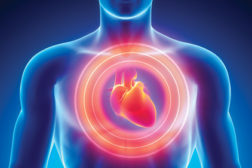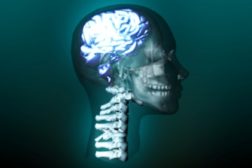Workplace Health
NY Congressman urges fed oversight on Sandy cleanup of mold, environmental toxins
“We must not repeat the same mistakes of 9/11”
November 28, 2012
Never miss the latest news and trends driving the safety industry
eNewsletter | Website | eMagazine
JOIN TODAYCopyright ©2024. All Rights Reserved BNP Media.
Design, CMS, Hosting & Web Development :: ePublishing








